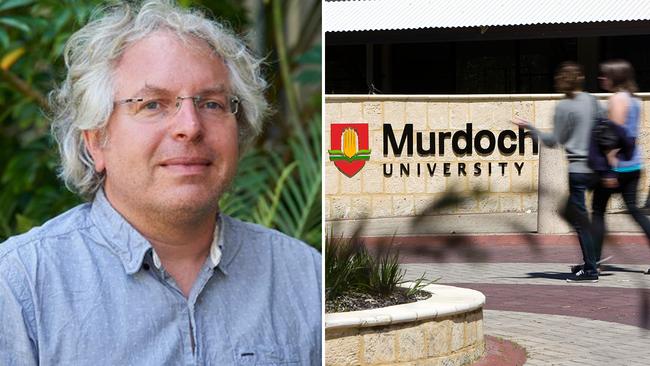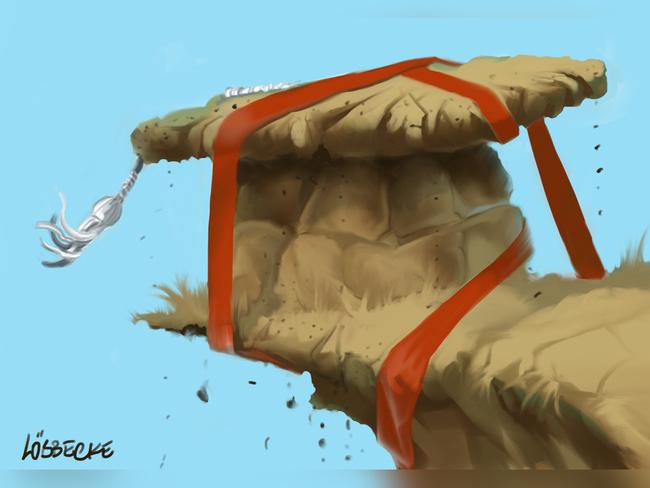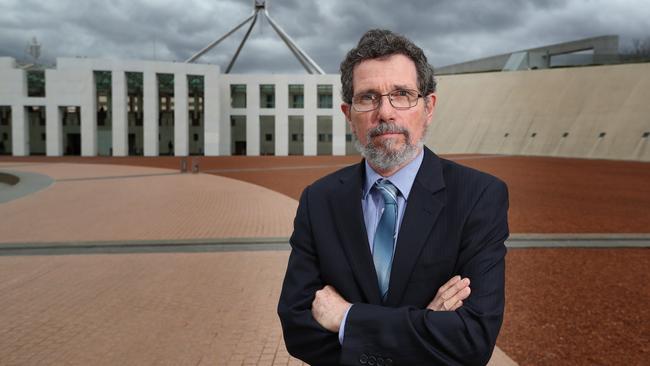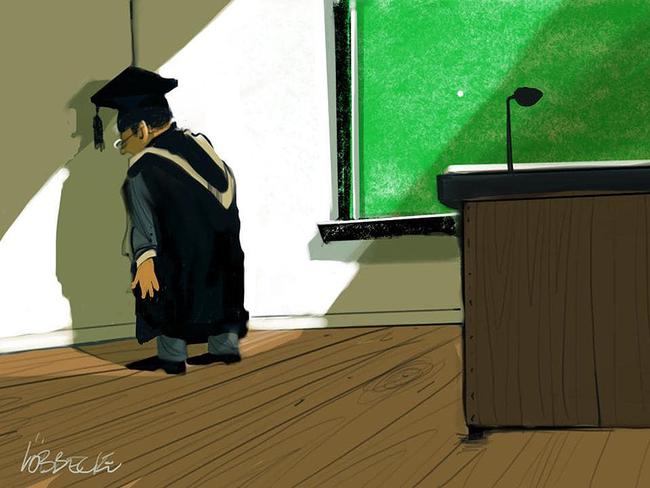Another attempt to shoot the messenger

It included the following statement: “All higher education teaching personnel should enjoy freedom of thought, conscience, religion, expression, assembly and association as well as the right to liberty and security of the person and liberty of movement.
“They should not be hindered or impeded in exercising their civil rights as citizens, including the right to contribute to social change through freely expressing their opinion of state policies and of policies affecting higher education. They should not suffer any penalties simply because of the exercise of such rights.”
But more and more frequently Australian universities seemingly are thumbing their noses at the notion university workers are, by right, free to consider and develop controversial ideas in the search for truth. Media outlets recently have drawn attention to another example of a university cavalierly disregarding its obligation to protect freedom of thought and expression.

Murdoch University has sued one of its own academics, associate professor Gerd Schroeder-Turk, for his appearance on the ABC’s Four Corners program, where he, along with colleagues, revealed Murdoch’s practices in relation to the admission of international students.
Schroeder-Turk suggested Murdoch’s policies were placing both the health and education of vulnerable students at risk.
In response, Murdoch University claims its enrolments will fall as fewer international students apply for admission and that, as a consequence, the impact on its budget will be “in the order of millions of dollars”.
Protections for #whistleblowers are an essential part of any robust, free-thinking institution.
— Alison Xamon (@AlisonXamon) October 16, 2019
I'm headed into parliament this morning in solidarity with Gerd Schroeder-Turk.#IStandWithGerd @NTEUNational pic.twitter.com/mpR30mJCUr
In what would appear to be a breathtaking attempt to intimidate Schroeder-Turk, Murdoch management also claimed his ABC appearance had caused its risk rating (a measure determined by the federal government’s Department of Home Affairs) to rise, further endangering the university’s viability.
This would be a remarkable feat for one individual, given institutional risk ratings are set by government and based on a series of complex processes that take into consideration a range of factors, such as the numbers of international students transferring to other education providers.
While, on the face of it, it would seem such factors appear beyond the control of Schroeder-Turk, Murdoch University seems intent on pursuing him.
Gerd Schröder-Turk was instrumental in exposing the lax attitudes to international student admission at Murdoch University. He should be protected. #IStandWithGerdhttps://t.co/jjz8SiQW6v
— Ian (@zw_ian) October 11, 2019
Murdoch University is not alone in its contempt for the right of university workers to speak freely. Many universities have misused codes of conduct to seize opportunities to examine if an outspoken employee can be charged with allegations of misconduct.
Once such allegations are made, the university imposes on the employee draconian obligations of complete confidentiality, effectively silencing all opposition.

A case in point is that of Peter Ridd, of James Cook University, who was told that, even though his job was in jeopardy, he could not even speak to his wife about what was happening to him.
In another instance, Roz Ward of La Trobe University was silenced as the university sought to shut down criticism for fear of a “bad” news cycle.
Indeed, Murdoch University has resorted to legal tactics to attempt to silence the National Tertiary Education Union speaking to its own members.
Silencing critics has two aims. First, it seeks to create a “chilling’’ environment, where staff members fear to appear “disloyal’’ and are deterred from speaking out.
Second, it attempts to ensure that, in the eyes of future students, the university’s “brand” remains untainted.
The grand tradition of a university being free to progress ideas and society is now under threat.

In an environment where funding is insecure, universities are casting around for alternative sources of income, such as the Ramsay Centre, potentially at the expense of intellectual independence.
Regardless of cuts to funding, university management must not be allowed to sacrifice academic and intellectual freedom on the altar of “balanced” budgets.
Ironically, the intimidatory tactics increasingly adopted by university management are not only inherently antagonistic to academic freedom of thought and discussion, they are also ham-fisted and likely to encourage, rather than silence, disaffection and anonymous complaints within universities. The NTEU will unhesitatingly support all genuine whistleblowers.
Murdoch University has, of course, overreached. The wave of support for Schroeder-Turk will undoubtedly have an adverse effect on its reputation.
The university would be better served by reviewing the practices Schroeder-Turk complained of and immediately withdrawing its legal action against him.
Alison Barnes is national president of the National Tertiary Education Union.



In 1997 the UN Educational, Scientific and Cultural Organisation published its Recommendation Concerning the Status of Higher-Education Teaching Personnel.